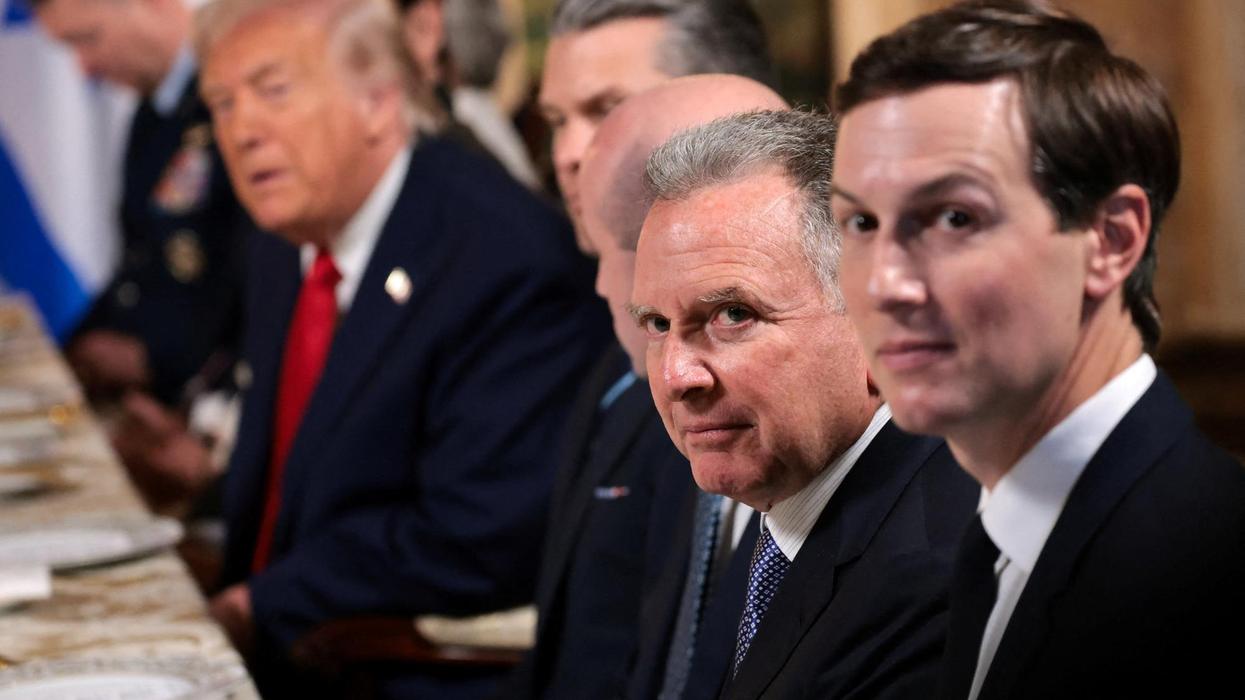The American people do not want to talk about the Middle East. Between spiking numbers of COVID-19, a teetering economy, and a democracy hanging in the balance, American attention is elsewhere. It makes sense, then, that the United States’ Middle East policy did not surface in presidential debates or town halls during the election and barely merits a mention in news coverage now.
But like it or not, Joe Biden’s administration will forge cooperative relationships with regional leaders, cut diplomatic and military deals, and otherwise engage with the region.
Behind the scenes, the policies that his administration pursues will have real consequences for security and stability of the Middle East — and by extension American security and stability. Administrations of both parties have often been a source of destabilization and inequality in the region, whether through their roles in oil and gas extraction, their failed policies of regime change, or their support of repressive regimes.
In turn, these policies have created great resentment against the United States. People across the region rightfully view the United States’ contradictory rhetoric about democracy and embrace of autocrats as hypocritical. The combination of instability and resentment has made American interests a target for anger, and it will continue to do so until our approach to the region changes dramatically.
Doubling down on these failed policies of the past will decrease the likelihood of substantial and meaningful collaboration on critical issues that we cannot solve without real buy-in from regional actors. These issues include transitioning from fossil fuels to renewable energy sources, developing coping mechanisms for global warming, and preventing future pandemics and public health disasters like COVID-19.
The American people should insist on a few key components of a Middle East policy that would prioritize the people of the region ahead of their leaders and stop the United States’ destabilizing influence.
First, Americans need to support policies that help mitigate the disastrous effects of American armed invasions and occupations of Iraq and Afghanistan. In addition to the ongoing political instability and factionalism triggered by the invasions, the United States’ military actions have decimated local landscapes with horrific consequences.
In Iraq, the toxicity of American war debris continues to cause spikes in birth defects and cancer. Destroyed health systems have produced untreatable new forms of disease. The United States needs to fund and implement comprehensive programs to mitigate the destruction of local environments and public health.
Second, Americans should push their leaders to end economic sanctions. Economic sanctions, like those used against Iran, are thought to put pressure on a country’s leadership by depriving their citizens of money and imports. However, they rarely work as intended, and they punish the weakest members of society.
In Iran, the Trump administration’s sanctions have only antagonized the Iranian government and had no demonstrable positive impact on the government’s foreign policy decisions. But they do deprive ordinary people of crucial medicines and medical supplies. Americans should insist on ending this ineffective and cruel policy.
Next, Americans should demand an end to the free flow of arm sales to regimes with big pockets and little interest in human dignity. Across the region, civilians suffer and die from weapons of war made by American companies. These arm sales allow repressive regimes to stymie their political opponents, suppress popular sentiment and engage in foreign wars of domination. The consequences of American arm sales further destabilize the region and increase the likelihood of armed conflict. The United State should also institute export controls over the sale of surveillance technology to regional dictators who use it to jail critics and squash their political opponents.
Finally, Americans should demand a policy of increased collaboration on civic and societal issues, instead of military alliances. Middle Eastern societies struggle with many of same issues that Americans face, such as police brutality, racism, women’s equality, widespread protests, socio-economic inequality, environmental threats, and the precarity of democracy, to name a few.
The Middle East will likely experience some of the most pernicious effects of a warming planet first, and collaborative relationships with civil society actors in the region could yield valuable lessons about how to handle climate change here at home. Working together with Middle Eastern countries, whether through policy makers or civic groups, could enable Americans to solve common problems faster and more effectively.
Americans cannot wish the Middle East away. Nor should they. The Middle East is an integral part of the interconnected global community, and its demographic importance will only grow as its disproportionately youthful population comes of age.
What Americans can and should do, however, is demand that their leaders pursue policies in the region that emphasize fairness, the reduction of armed conflict and the promotion of stability. These policies are good for the Middle East and even better for the United States.
















